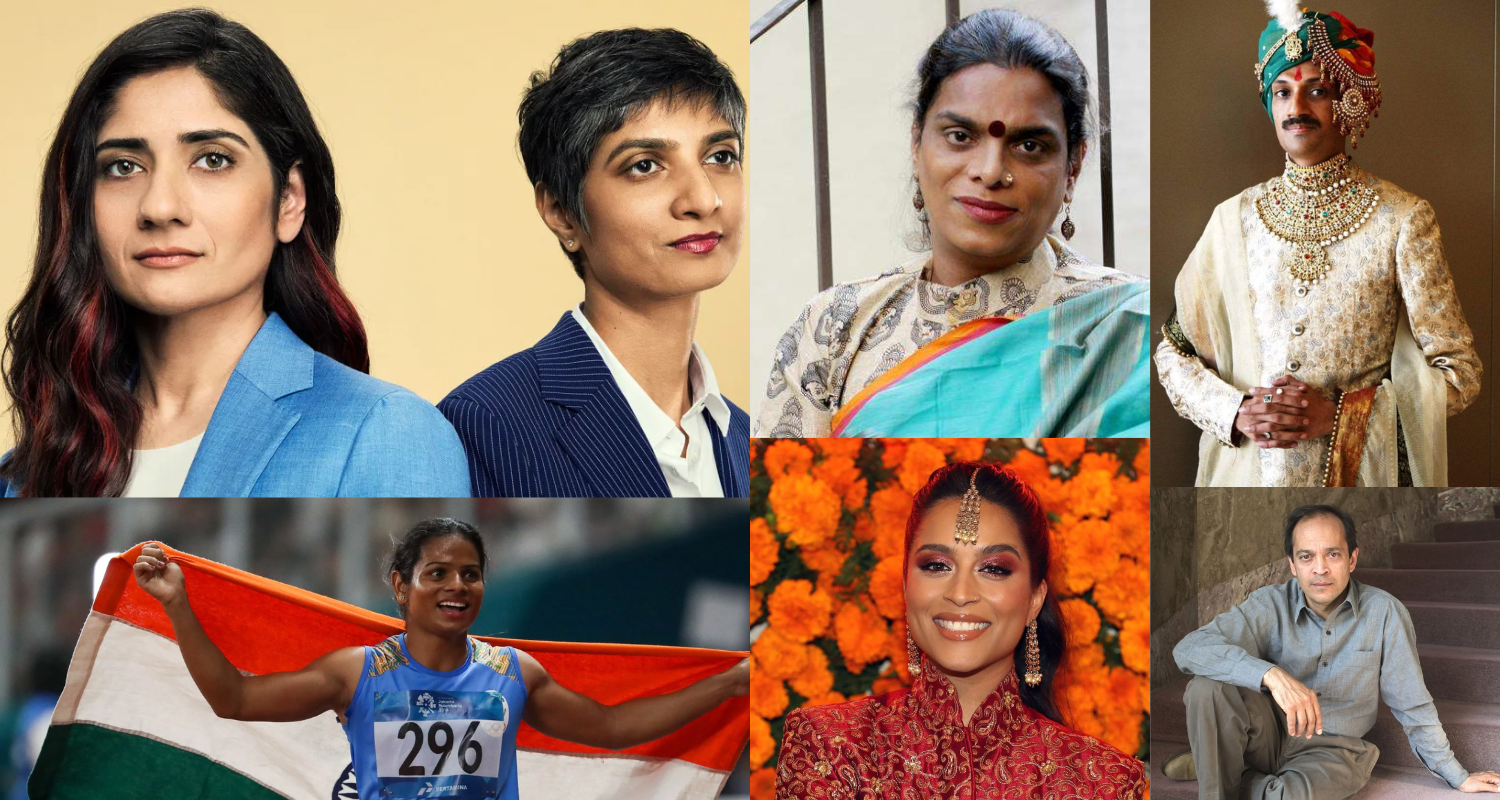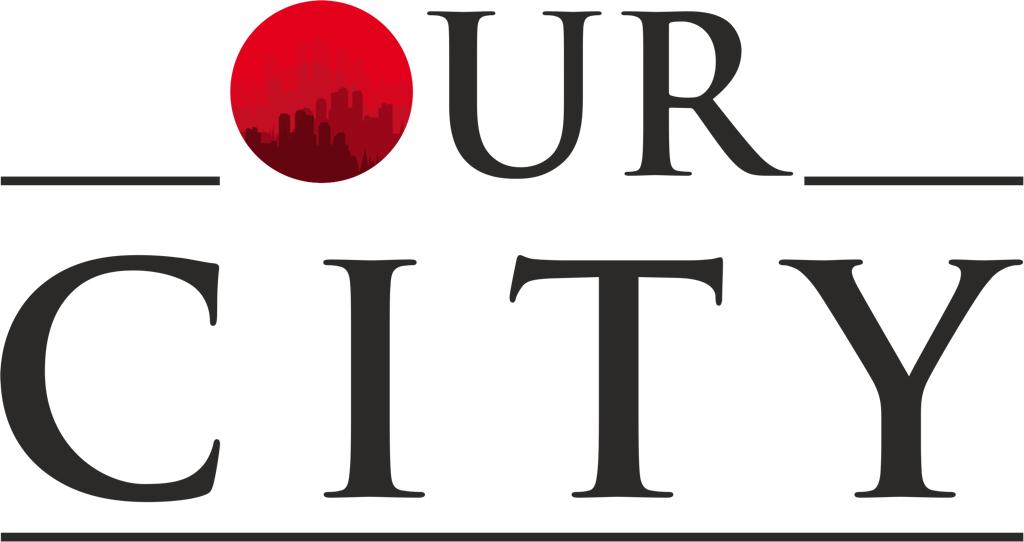7 Indian LGBT icons you need to know
Poojan Patel /
Until 2018, homosexuality in India was a criminal offense, with a harsh law imposing up to life imprisonment for those engaging in sexual acts deemed "against the order of nature." Though this oppressive law was abolished four years ago, a fully inclusive society is still far from reality. The LGBTQ+ community continues to endure stigma, violence, and legal hurdles. However, numerous prominent figures from various sectors—including sports, film, media, and business—are actively working to alter the status quo.
Menaka Guruswamy and Arundhati Katju
In 2018, attorneys Menaka Guruswamy and Arundhati Katju achieved a historic victory in India's Supreme Court, overturning a 157-year-old statute that criminalized gay sex. These two have since emerged as icons within their country's LGBTQ community and are currently leading a marriage equality case set to be heard by the Supreme Court of India this spring.
For generations, women have been striving (often battling) for freedoms that men in patriarchal societies have taken for granted. Despite facing criticism and slow progress, they have persisted, and their efforts have made these freedoms increasingly attainable for many Indian women.
Menaka Guruswamy and Arundhati Katju have been advocating for the legal rights of the LGBTQIA+ community, including the successful fight to decriminalize Section 377.
"How strongly must we love knowing we are deemed criminals under Section 377? My Lords, this love deserves constitutional recognition, not merely the decriminalization of sexual acts," Menaka Guruswamy passionately argued during the Navtej Singh Johar & Ors vs Union of India case. Her words moved the courtroom to tears and commanded the Supreme Court's undivided attention.
Prince Manvendra Singh Gohil
Prince Manvendra Singh Gohil, India’s first openly gay royal, stands as a remarkable ambassador for the LGBTQ+ community. Although he recognized his sexual orientation at the age of 12, Gohil remained closeted for many years. By the time he came out at 41, he had undergone shock therapy, conversion therapy, a forced marriage to a woman, and had been disinherited. His public acknowledgment of his sexuality in 2006 sparked a nationwide scandal, as homosexuality was still illegal in India at the time.
Despite the traumatic and depressing backlash, Gohil continued to live authentically and became a strong advocate for LGBTQ+ rights through his charity, Lakshya Trust. Following the Supreme Court's decriminalization of homosexuality in 2018, he dedicated 15 acres of his palace grounds to create a shelter for vulnerable gay and transgender individuals.
Currently, he is campaigning for same-sex marriage, inheritance rights, adoption rights, and a ban on conversion therapy.
Lily Singh
In 2019, comedian and actor Lilly Singh, with over 14 million YouTube subscribers, made history by coming out as bisexual on Twitter, becoming the first Asian queer woman to host a late-night television show.
“There’s a lot of homophobia in the Indian community. In fact, when I came out, people told me that I’d lose all my popularity, all of my fans, and all of my business in India. But then I didn’t – in a place with 1.3 billion people, a lot of them don’t give an ‘f’ about who I give an ‘f’,” she remarked in her show's monologue a few months later.
Singh had long been a vocal supporter of the LGBTQ+ community, gay pride events, and same-sex marriage, and her announcement was celebrated globally.
Dutee Chand
In 2019, Dutee Chand made history twice. She became the first Indian woman to win gold in the 100 meters at the World University Games in Naples, clocking 11.32 seconds. Earlier that year, she also came out as being in a same-sex relationship, making her India's first openly gay athlete. Chand faced significant challenges, including blackmail from her elder sister, who wanted her to end the relationship. It was her partner who encouraged her to come out. Chand met her 19-year-old partner from Odisha when the latter was tending to her after a hand fracture. Despite having previously decided to take a break from romantic pursuits due to two failed same-sex relationships, her current partner helped her open up to love again, even amid severe backlash from her community. In a 2019 Vogue interview, Chand shared, "I was treated like a pariah and made to feel like I did not deserve to live."
In 2016, the sprinter from Odisha, now 26, became the first Indian woman to reach the Olympics in 36 years. In 2015, she famously challenged her disqualification over high testosterone levels by the IAAF, a case similar to that of former Olympic champion Caster Semenya, resulting in the overturning of the IAAF policy. Chand describes her relationship as one marked by faith and mutual support. "Everyone needs a sahara (support) in life, whether they choose a girl or boy. We motivate each other when we are demoralized; when I’m stressed about competitions, she’s my support." She believes love transcends caste and gender: "Pyaar andha hota hai (Love is blind)—it does not see caste, gender, all these things. Whoever we want, we have the right to be with them. Especially now that 377 has been repealed and the law no longer criminalizes the LGBT community—it’s like wearing a helmet on the road to avoid a fine. If your love is true, you have no reason to fear."
Vikram Seth
Best known for his 1993 novel "A Suitable Boy," which sold over 25 million copies worldwide, Vikram Seth is one of India’s most influential writers and a recipient of the Padma Shri, the country’s fourth-highest civilian award. The son of Leila Seth, the first woman Chief Justice of a High Court in India, Seth has broken barriers and stood up for himself in the literary world.
In 2013, Seth vehemently criticized the Supreme Court’s decision to reinstate Section 377. “You find homosexuality in the Kama Sutra. In the Hindu tradition, the Muslim tradition, the syncretic [tradition]. There has never been intolerance of this kind,” he told The Guardian. His mother, a strong supporter of gay rights, also wrote a lengthy article condemning the judgment, marking a significant moment of public family support for a gay man in India.
“Vikram is now a criminal, an unapprehended felon. This is because, like many millions of other Indians, he is gay. The Supreme Court judgment means that he would have to be celibate for the rest of his life or else leave the country where he was born, to which he belongs, and which he loves more than any other,” she wrote in the article titled "A Mother and a Judge Speaks Out on Section 377." Seth, who struggled to come to terms with his sexuality, once wrote a poem titled "Through Love’s Great Power," hoping it “would give heart to some.”
Applauding the 2018 Supreme Court judgment on the right to privacy, Seth told ThePrint, “There is a lot of suffering involved; in small towns and villages, in metropolitan cities, even in a liberal family like my own, I found it difficult to understand myself. It was comparatively easy for me compared to those who are in service; they may even lose their livelihood. I only wished they would come out.”
Gauri Sawant
Born as Ganesh Sawant, the son of a police officer, Gauri was raised in a highly masochistic environment. Her mother, already dealing with a ten-year gap between pregnancies, did not want her and even attempted an abortion in the seventh month. “She didn’t want me to come into this world and tried to get an abortion, but the doctor told her that this baby was now so evolved and strong that one couldn’t destroy her even if she were slammed against a wall. It was into such yes-and-no back-and-forth circumstances that I was born, so I also turned out with an equally confused gender identity,” Gauri shared.
At 17, with only 60 rupees in her pocket, she left the city. Fortunately, she never had to beg, earning 1500 rupees every month instead. She began speaking and motivating others struggling with identity crises to embrace their true selves. Gauri formally left her biological sex behind following the Supreme Court of India's landmark ruling recognizing the third gender. Choosing to transform into a hijra, she said, “I knew the reality. I did not want to become a woman—people would not accept me and my body as that of a woman even if I got the painful procedure done.”
As a woman, Gauri has worked with many people, spreading awareness about legal rights, sex work, and STDs—a cause close to her heart as her own mother, an HIV-positive sex worker, died when Gauri was five. She filed petitions for basic rights for the LGBTQ community, such as acquiring AADHAAR cards. Despite the Indian government's refusal to allow LGBTQ community members formal custody of children, Gauri has raised Gayatri as her own daughter. While Gayatri aspires to be a doctor, Gauri’s greatest wish for her is to become a compassionate human being who accepts everyone in their true selves and can distinguish right from wrong.
Gauri was repeatedly told she wasn't a woman—today, she is a mother. She was told she had no legal rights—she took in an orphan girl to protect her from child sex trafficking. Epitomizing the best of human nature, Gauri is a formidable warrior. Her inspirational work is celebrated by AIQA, which salutes her spirit and dedication.
